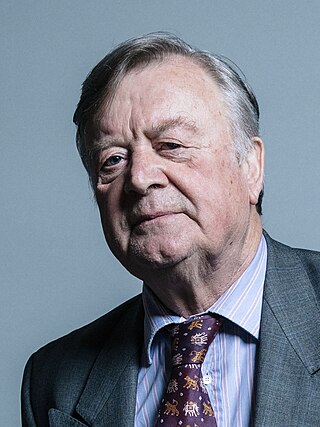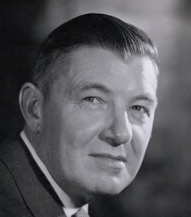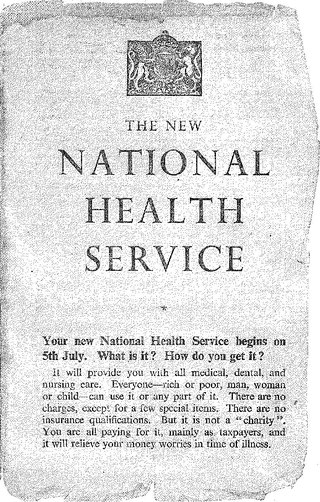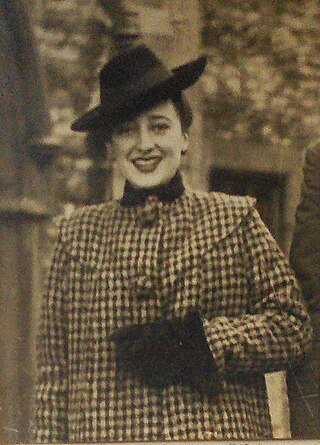Related Research Articles

Margaret Hilda Thatcher, Baroness Thatcher, was a British stateswoman and Conservative politician who served as Prime Minister of the United Kingdom from 1979 to 1990 and Leader of the Conservative Party from 1975 to 1990. She was the first female British prime minister and the longest-serving of the 20th century. As prime minister, she implemented economic policies that became known as Thatcherism. A Soviet journalist dubbed her the "Iron Lady", a nickname that became associated with her uncompromising politics and leadership style.

Sir Edward Richard George Heath, commonly known as Ted Heath, was a British politician who served as Prime Minister of the United Kingdom from 1970 to 1974 and Leader of the Conservative Party from 1965 to 1975. Heath also served for 51 years as a Member of Parliament from 1950 to 2001. Outside politics, Heath was a yachtsman, a musician, and an author.

Kenneth Harry Clarke, Baron Clarke of Nottingham,, is a British politician who served as Home Secretary from 1992 to 1993 and Chancellor of the Exchequer from 1993 to 1997. A member of the Conservative Party, he was Member of Parliament (MP) for Rushcliffe from 1970 to 2019 and was Father of the House of Commons between 2017 and 2019. The President of the Tory Reform Group since 1997, he is a one-nation conservative who identifies with economically and socially liberal views.

The British government is directed by the Cabinet, a group of senior government ministers led by the Prime Minister. Most of the day-to-day work of the Cabinet is carried out by Cabinet committees, rather than by the full Cabinet. Each committee has its own area of responsibility, and their decisions are binding on the entire Cabinet.

The Westland affair in 1985–86 was an episode in which Margaret Thatcher, Prime Minister of the United Kingdom, and her Secretary of State for Defence, Michael Heseltine, went public over a cabinet dispute with questions raised about whether the conventions of cabinet government were being observed and about the integrity of senior politicians.

The Type 42 or Sheffield class, was a class of fourteen guided-missile destroyers that served in the Royal Navy. A further two ships of this class were built for and served with the Argentine Navy.

David Arthur Stephen Tredinnick is a British Conservative former Member of Parliament who represented Bosworth in Leicestershire from 1987 to 2019.

The Type 22 frigate also known as the Broadsword class was a class of frigates built for the British Royal Navy. Fourteen were built in total, with production divided into three batches.

The Life Peerages Act 1958 established the modern standards for the creation of life peers by the Sovereign of the United Kingdom.
Gambling in the United Kingdom is regulated by the Gambling Commission on behalf of the government's Department for Digital, Culture, Media and Sport (DCMS) under the Gambling Act 2005. This Act of Parliament significantly updated the UK's gambling laws, including the introduction of a new structure of protections for children and vulnerable adults, as well as bringing the burgeoning Internet gaming sector within British regulation for the first time.

Robert Joseph Mellish, Baron Mellish, PC was a British politician. He was a long-serving Labour Party MP of 36 years, from 1946 to 1982. He served as the Labour Chief Whip from 1969 until 1976, but in his later years he fell out with his local Constituency Labour Party which he felt had become dominated by people on the left of the Labour Party, and he eventually left the party. He became a life peer in 1985.

The name National Health Service (NHS) is used to refer to the publicly funded health care services of England, Scotland and Wales, individually or collectively. Northern Ireland's services are known as 'Health and Social Care' to promote its dual integration of health and social services.

Norman Reginald Warner, Baron Warner, is a British member of the House of Lords. A career civil servant from 1960, he was created a life peer in 1998. He was Parliamentary Under-Secretary in the Department of Health from 2003 to 2007, and a Minister of State at the Department of Health from 2005 to 2007. He has also been an adviser to a number of consulting companies. On 19 October 2015, Lord Warner resigned the Labour whip and became a Non-affiliated member of the House of Lords.

The National Health Service (NHS) is the publicly funded healthcare system in England, and one of the four National Health Service systems in the United Kingdom. It is the second largest single-payer healthcare system in the world after the Brazilian Sistema Único de Saúde. Primarily funded by the government from general taxation, and overseen by the Department of Health and Social Care, the NHS provides healthcare to all legal English residents and residents from other regions of the UK, with most services free at the point of use for most people. The NHS also conducts research through the National Institute for Health and Care Research (NIHR).

The National Health Service in England was created by the National Health Service Act 1946. Responsibility for the NHS in Wales was passed to the Secretary of State for Wales in 1969, leaving the Secretary of State for Social Services responsible for the NHS in England by itself.

A vote of no confidence in the British Labour government, 1974–1979, of James Callaghan occurred on 28 March 1979. The vote was brought by the Official Opposition leader Margaret Thatcher and was lost by the Labour government by one vote, which was announced at 10:19 pm. The result mandated a general election that was won by Thatcher's Conservative Party. The last time an election had been forced by the UK House of Commons was in 1924, when Ramsay MacDonald, the first Labour prime minister, lost a vote of confidence. Labour politician Roy Hattersley later remarked that the vote marked "the last rites" of Old Labour. Labour did not return to government for another 18 years, with New Labour ideology. The BBC has referred to the vote as "one of the most dramatic nights in Westminster history".

The Health and Social Care Act 2012 is an act of the Parliament of the United Kingdom. It provided for the most extensive reorganisation of the structure of the National Health Service in England to date. It removed responsibility for the health of citizens from the Secretary of State for Health, which the post had carried since the inception of the NHS in 1948. It abolished primary care trusts (PCTs) and strategic health authorities (SHAs) and transferred between £60 billion and £80 billion of "commissioning", or healthcare funds, from the abolished PCTs to several hundred clinical commissioning groups, partly run by the general practitioners (GPs) in England. A new executive agency of the Department of Health, Public Health England, was established under the act on 1 April 2013.

The Health Lottery is a lottery that operates on behalf of twelve local society lotteries across Great Britain. It was launched in October 2011 and runs five weekly draws on Tuesdays, Wednesdays, Thursdays, Fridays, and Saturdays. Each week a different regional community interest company receives the funds, with 20% of ticket sale proceeds going to local health-related causes. It is operated by Northern and Shell.

The Gambia Colony and Protectorate was the British colonial administration of The Gambia from 1821 to 1965, part of the British Empire in the New Imperialism era. The colony was the immediate area surrounding Bathurst, and the protectorate was the inland territory situated around the Gambia River, which was declared in 1894.

Barbara Robb was a British campaigner for the well-being of older people, best known for founding and leading the pressure group AEGIS and for the book Sans Everything: A Case to Answer.
References
- 1 2 Edwina Currie speaking on the National Health Service Lottery, HC Deb 28 July 1988 vol 138 cc744-56 744 745 5.28 am, Hansard
- 1 2 3 Peter Sharp (journalist), report on ITN News at Ten, May 1988
- 1 2 Written Answers (Commons) HC Debate 7 June 1988 vol 134 c447W, Hansard
- ↑ Prime Minister's Questions, HC Deb 27 October 1988 vol 139 cc450-4, Hansard
- ↑ Parliamentary questions, HC Deb 28 July 1988 vol 138 cc744-56 Hansard
- ↑ Robert J. Blendon and Karen Donelan, "British Public Opinion on National Health Service Reform" in Health Affairs , Vol. 56, Winter 1989
- ↑ "Ten years of the Lottery" Archived 16 January 2007 at the Wayback Machine , New Statesman special supplement, 8 November 2004.